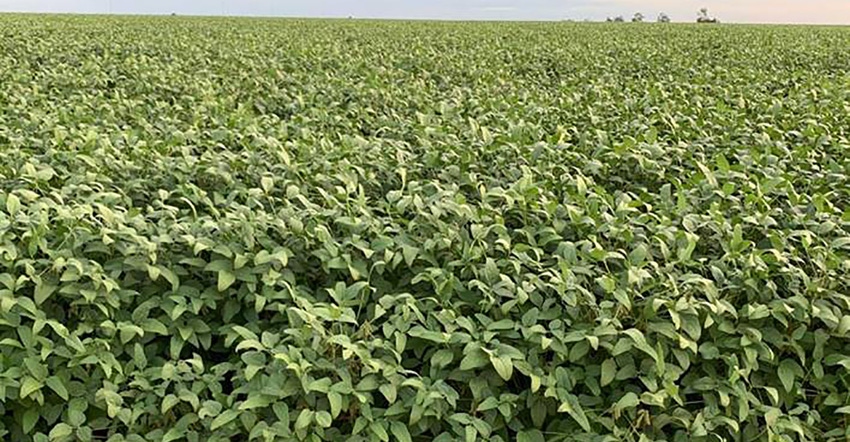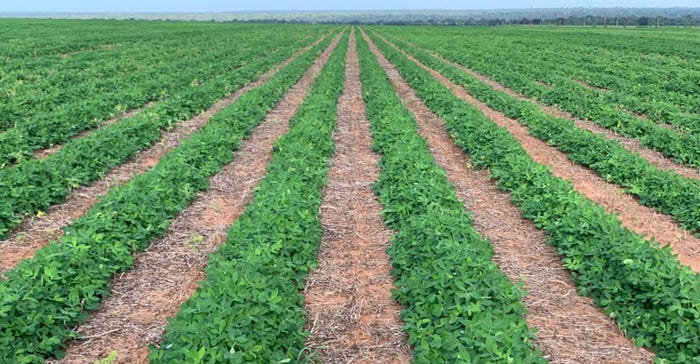
Brazilian farmers are a bit slower this year at advancing grain sales for new crop. Overall Brazil has sold about 15% of its 2021/2022 crop versus 25% last year at this time. Why?
First, anybody that has sold anything in the last 12 months probably regretted it as prices have continued to steadily climb higher. They have been rewarded for being patient. Second, as profit margins have improved, so have farmers’ cash reserves. This allows them to pay cash for more of their inputs rather than doing a soybean trade, which means locking a portion of their crop at harvest at much higher interest rates.
By paying cash rather than a trade, they free up their marketing options.
More acres coming?
Brazil’s next growing season is still six months away, but analysts are already eager to place estimates on Brazil’s next soybean crop. It is quite possible that the country’s total soybean acres could surpass 100 million acres, up from roughly 94.1 million acres. This would mean that its production could easily fall within the range of 140 MMT.
Sounding the alarm
It would seem U.S. end users aren’t the only ones worried about running out of grain. Brazil’s livestock industry is sounding the alarm over a lack of corn supply in the market. The writing is on the wall. It is no longer just a question of price, which has already stretched livestock producers to their limit, but rather, the fact there simply will not be enough corn available to maintain meat production at current levels.

As Brazil’s second corn crop went in late, it will put increased pressure on sourcing feed for livestock. While earlier planted corn is off to a great start, rainfall will be needed through the end of May to ensure a decent size crop. About 45% of second crop corn was seeded outside the ideal planting window.
The livestock industry is pushing for increased grain imports, but even they admit this won’t fix everything. Brazil will likely need to import corn from the U.S. which should be a positive for U.S. farmers.
Matthew Kruse is President of Commstock Investments.� He can be reached at 712-227-1110 or by email at [email protected].
Futures trading involves risk. The risk of loss in trading futures and/or options is substantial and each investor and/or trader must consider whether this is a suitable investment. Past performance is not indicative of future results. Trading advice is based on information taken from trades and statistical services and other sources that CommStock Investments believes to be reliable. We do not guarantee that such information is accurate or complete and it should not be relied upon as such. Trading advice reflects our good faith judgment at a specific time and is subject to change without notice. There is no guarantee that the advice we give will result in profitable trades.
The opinions of the author are not necessarily those of Farm Futures or Farm Progress.
About the Author(s)
You May Also Like






